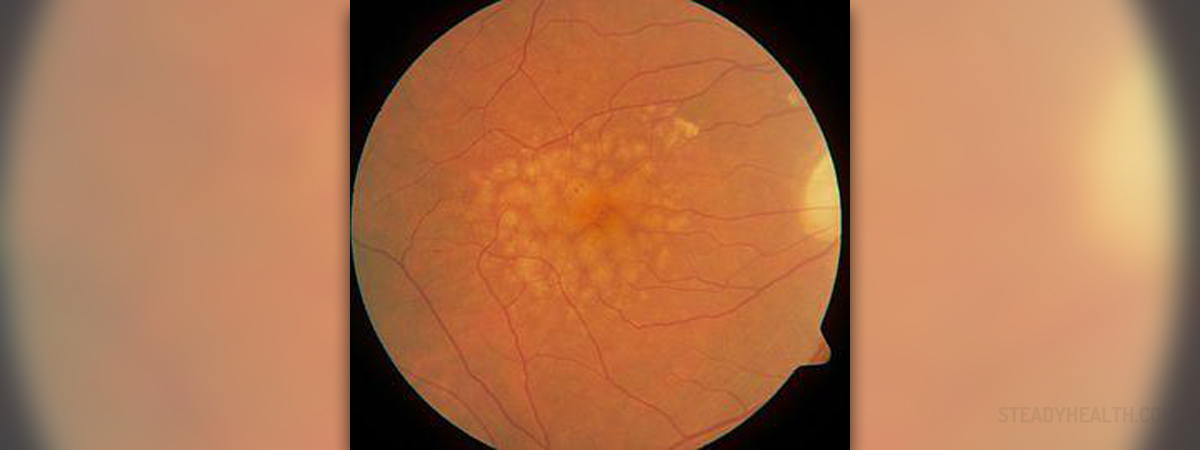
Macular degeneration is an eye condition affecting the retina, to be more precise the central part of the retina known as the macula. This is the most frequently reported condition associated with vision loss in individuals over the age of 60. Because of that the condition is often referred to as age-related macular degeneration.
Macular degeneration can be dry and wet. Dry macular degeneration is connected with yellow deposits in the macula and these are blamed for changes in vision. Progression of the diseases eventually causes vision problems such as eye problems while reading. Well-advanced dry macular degeneration is responsible for blind spots in the center of the vision while in the terminal stage the disease leads to permanent loss of central vision.
In case of wet macular degeneration the retina (the macula) is affected by the growth of abnormal blood vessels. These blood vessels allow leakage of blood and fluid and their build-up in the retina. All the mentioned is associated with distorted vision, blind spots and loss of central vision. Permanent loss of central vision occurs once the newly formed blood vessels scar.
Who is at Risk for Macular Degeneration?
Firstly, the condition affects older people more than young individuals. Secondly, since macular degeneration is hereditary children of people who have developed the disease are at risk to develop the condition themselves. Finally, the condition is somehow associated with smoking, high blood pressure, high cholesterol and obesity.
Macular Degeneration and Vision Changes
Initially, the condition is completely asymptomatic. Once it has progressed enough, one may notice distortion of straight lines. There is also distortion of the central vision. Additionally, there are dark, blurry areas in the center of vision. Diminished/changed color perception may occur as well.
Macular Degeneration Treatment Options
Even though macular degeneration is basically incurable, it can be treated with several available treatments. The goal of such therapy is to prevent severe vision loss and slow progression of the disease.
Anti-angiogenesis drugs, for instance, prevent growth of new blood vessels. Hence, they are efficient in case of wet macular degeneration. Additional help is achieved with vitamin supplements. Vitamins that have been proven to be efficient in patients suffering from this eye disorder are vitamin C, E and beta carotene. Low vision aids may be of some help but most patients eventually undergo surgery. Laser therapy and photodynamic laser therapy are two invasive treatments for macular degeneration. They are routinely performed. Finally, submacular surgery and retinal translocation are two more surgeries which are still experimental but may, one day, be successful enough for people suffering from this eye disorder.


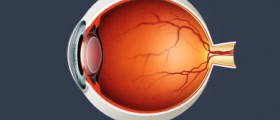


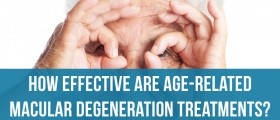
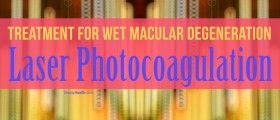
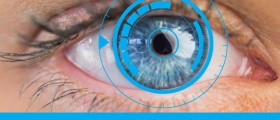

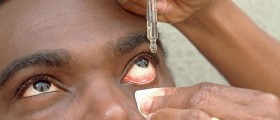
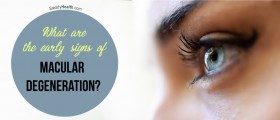
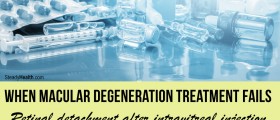

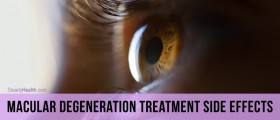

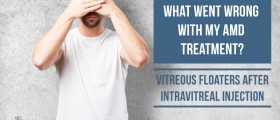
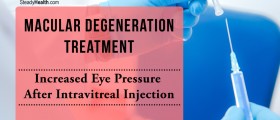
Your thoughts on this
Loading...